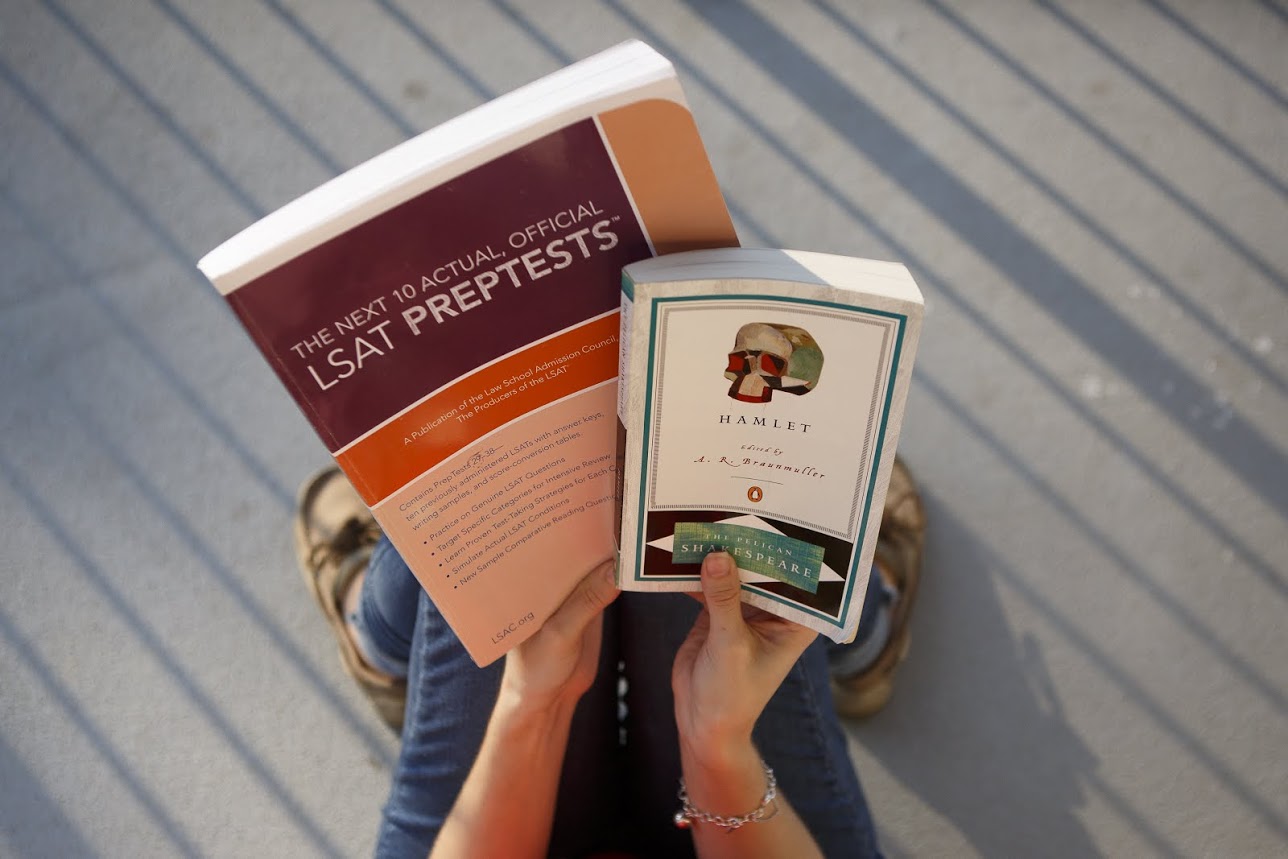

Students often have to choose in between a major that can provide them a stable future versus majoring in something that they are actually passionate in. | Pablo Milanese/The Cougar
Tarun Jakkaraju thought he was on a path to the medical field, but then he took an aptitude test and decided a degree in business and fashion design suited him more.
“Doctor was the last thing on the list that I would have been suited for, while the fields I felt I should have switched to dominated my recommended fields,” Jakkaraju said.
Jakkaraju is among many of us who have struggled while making career choices. Whether it is about how much money they will make, what their parents want for them or where we see themselves in 10 years, choosing a degree should not reflect anything buttrue passion.
The U.S. Department of Labor released an article in January about early degree planning, saying that it should begin long before it’s time to start a career. The article suggested that high schools should allow students to explore their abilities early-on so that they will be prepared when the time comes to choose a degree.
But how many students know what we truly want as 17-year-olds? And how many others make such a life-changing decision based on what other people want?
Jakkaraju said he was highly motivated by financial stability and was constantly pressured by his family to pursue what they called a ‘steady paycheck’.
When he decided to take a leap of faith into a more suitable but less secure journey, the outcome showed nothing but positive results.
“I came to a point where I just wasn’t happy,” Jakkaraju said. “I would take all of these science-related classes and I simply hated every minute of them. I realized that my potential was meant for something else.”
With a liberal arts degree comes the question of what to do once you graduate. As if that question wasn’t bothering students enough, other people will insist on asking: what can you do with that?
Senior Valentina Olarte is no longer bothered by these questions. After four years as an acting major, she has learned to put the judgments aside.
“In a different way, it is about working every day to find the right connections, and in that sense I don’t think it is a career that is too different from engineering,” Olarte said. “It might be harder to get hired, but it is my life style. It is about what you value in life, what your priorities are.”
In his blog SamAntics, business developer Sam McRobert explained the process of hiring someone. Trust him, you need more than just a degree that feels good saying out loud.
“The truth is that proficiency is more important than the amount of time spent studying, or the method by which that proficiency was gained,” McRoberts said. “For a company to choose someone with that quality of education over someone with practical, current experience is just plain wrong.”
Judging someone’s abilities from their career choice is not the way to go, so you might as well choose something you love.
Opinion Columnist Luiza Braga is a print journalism senior and may be reached at opinion@thedailycougar.com
—
“Do what you love: why your major matters” was originally posted on The Daily Cougar
